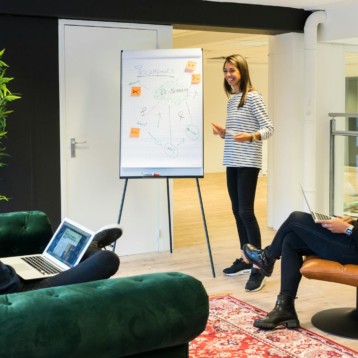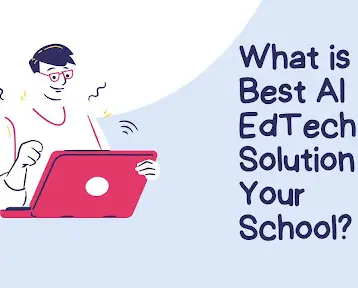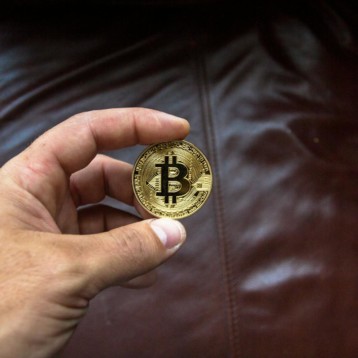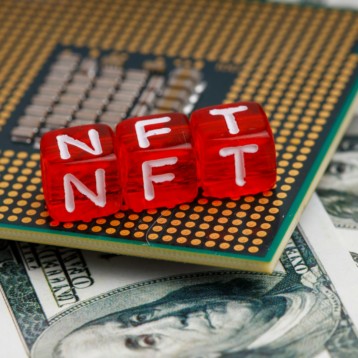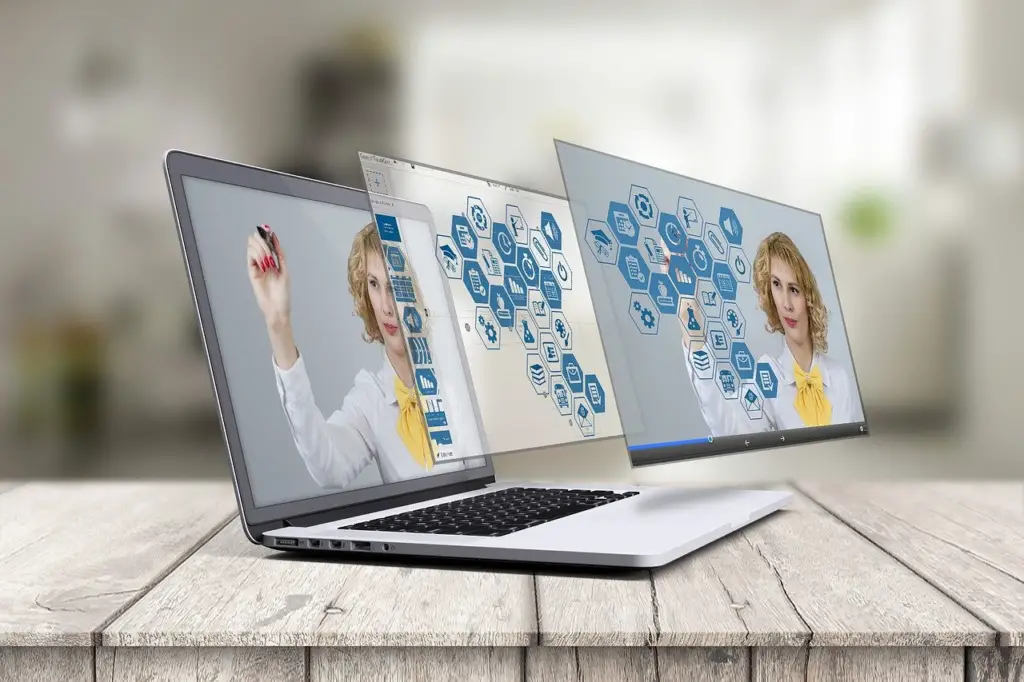
The field of education is changing under the influence of technology and artificial intelligence. Old educational methods are already being transformed today and may lose their relevance in the future. In a few years, your teacher may be a computer program. And in the distant future, education will be like a virtual game. Can we predict changes in education over the coming decades? We tried to simulate some interesting options.
Scenarios for Future Education
Some scenarios may seem far-fetched, but humanity has already integrated most of its life into smartphones, digital watches and other personal digital assistants. 10 years ago, we could not even dream of such a thing. And now we listen to lectures online, complete tasks and check them online. Various assistants come to help with training, such as chat bots, writing services and other mobile applications. By the way, on such sites, you can get not only help with homework or essay editing and proofreading services. All students can get online help with any writing assignment.
Reflections on the future of education encourage us to think about different scenarios and contribute to the development of flexible and sensitive systems. International experts from the OECD have developed some scenarios, which describe the following likely alternatives:
1. Learning expands horizons
The role of formal learning continues to grow. International communications and technological progress support individualized learning. But the structure and processes of schooling remain unchanged.
2. Outsourcing training
Traditional school systems are falling apart, while society is beginning to directly involve its citizens in education. Various private and flexible organizations help to acquire knowledge, where the key player is digital technologies and Instagram.
3. Schools as educational hubs
Schools remain with us, but experimentation and diversity have become the new norm. By opening their doors, schools are uniting with their communities and promoting ever-changing forms of learning. Public involvement and social innovation are welcome.
4. Step-by-step training
Training is now with us always and everywhere. The differences between formal and non-formal learning are blurred, while society is betting on the power of gadgets.
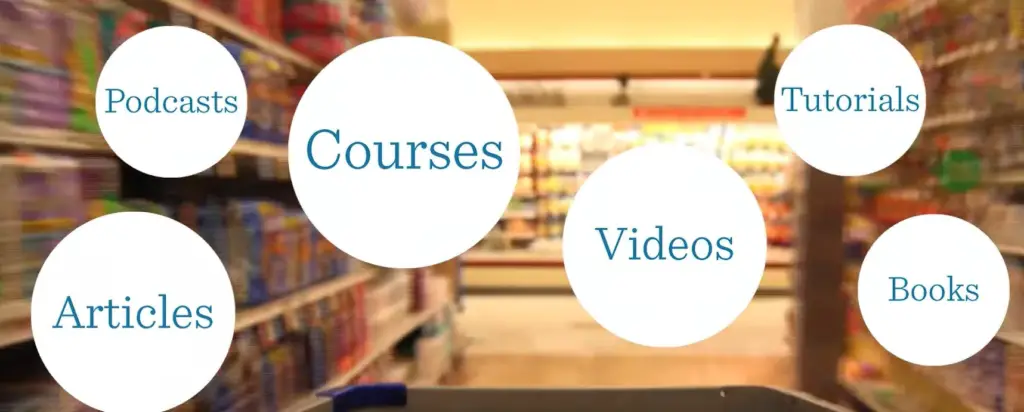
Learn in a New Way: the Latest Educational Trends
In the context of these scenarios, we have singled out the changes that are sure to await students in the future.
- Mass online learning. Previously, all the necessary knowledge was given to us by universities and schools. Nowadays, there are many additional sources of information, including online courses. It is possible that in a year, online learning will provide most of the necessary basic professional knowledge.
- Flipped Classroom is an American model of learning, which gradually began to be introduced in Europe and the United States. Its essence is to listen to theoretical material at home, and the task to perform at the university, where the teacher will have the opportunity to explain everything and help with the solution. This system is much more convenient, so in the future it can easily replace the current one.
- Exchange of experience. In many countries, there are systems for exchanging educational experience. They are used for both teachers and students. From time to time, you visit another educational institution to study or teach. It increases your productivity, and your home university is not so annoying. The trend is positive and spreading rapidly, so it will be actively used in a few years.
- Individual education system. The teacher cannot remember which approach to learning each student needs – it is physically impossible. However, each student has an individual pace and certain problems with understanding the material, which are usually not taken into account. However, understanding with the student is the key to his success in learning. Modern experimental systems offer the use of computers to build a personal model of education for each student.
- Artificial intelligence is already transforming the learning process today: for example, chatbots can act as tutors for a student anywhere, anytime. It is likely that AI-based chatbots will gradually replace some Learning Management Systems (LMS). Artificial intelligence allows you to easily adapt the educational environment (especially remote) to the needs of a particular person.
- The collapse of the usual education system.It is possible that soon education will have a radically different look than now. For example, you can choose whether to attend a school or take an online course and listen to a lecture remotely. Both systems will be considered full education.
- Reducing the number of teachers. If in the future, some disciplines will be able to teach special works – the number of human teachers will be significantly reduced. The robot will follow only a given system of education, and not improvise with teaching methods.
- Learning in the form of a game. In the future, you will be able to learn to use special games. It will seem to you that you are just playing, but in fact you are learning something new.
The Jolt startup unites students into study groups led by the world’s leading experts and also creates co-camps based on coworking.
The so-called Open-source learning is becoming more and more popular – that is, an approach in which educational materials are created jointly by students, freely distributed, they can be supplemented at their own discretion. The Finns, for example, has the project – Wikiloikka – it is the world’s first initiative to translate all school textbooks into an open material format.
Another new way to provide students with up-to-date information is content management. As part of this approach, teachers select fresh materials for their students, using social platforms such as Slack to communicate with them and lead discussions.
Previously it was believed that learning should develop analytical thinking, but now no less important, and perhaps more relevant – synthetic, integrative thinking, which allows you to operate with different models, to form new solutions and their compositions. And in order to provide and receive quality knowledge, these trends should be taken into account.



